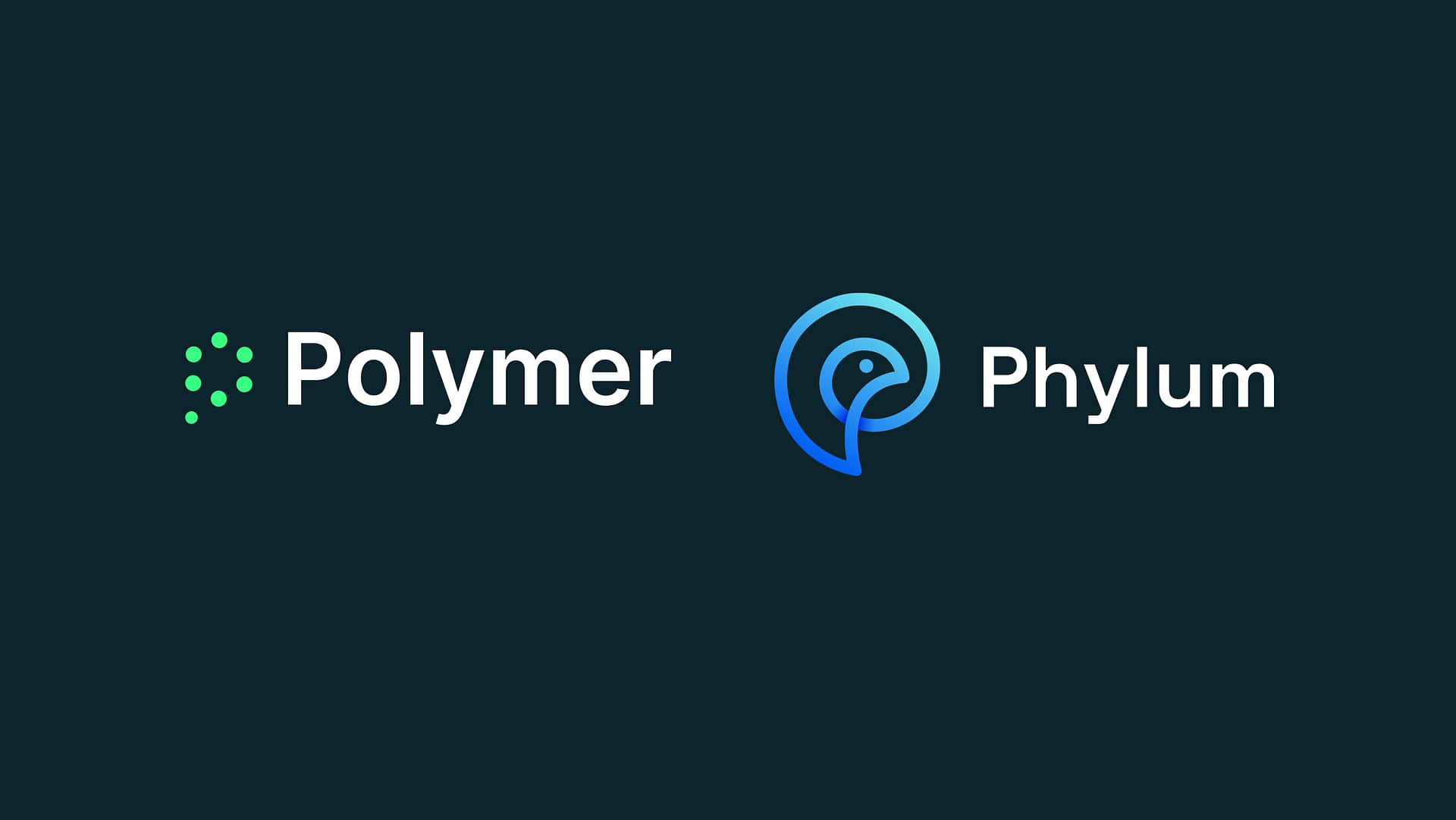Large language models (LLMs) are rapidly reshaping the workplace—tools like ChatGPT are revolutionizing marketing, while AI-driven predictions are transforming healthcare. The benefits are significant, but so are the risks.
LLMs thrive on data, analyzing, logging, and storing every piece of information your employees share within their expansive neural networks.
You might assume your current data loss prevention (DLP) measures are sufficient to guard against data leaks, but LLMs introduce unique challenges. Not all DLP tools are equipped to handle these advanced risks.
In this blog, we’ll dive into the impact of LLMs on data security and explore why your DLP strategy needs to evolve.
What are large language learning models?
Large language models (LLMs) leverage advanced techniques to transform vast datasets into actionable insights. Each interaction with these systems involves data being analyzed and stored within their sophisticated neural networks.
Here’s how LLMs are making an impact:
- Image synthesis: LLMs create highly realistic images, revolutionizing fields such as art, design, and advertising by generating lifelike visuals that push creative boundaries.
- Text generation: These models are redefining content creation, with applications spanning customer support, marketing, and more. They produce compelling text, streamlining workflows and enhancing communication.
- Music: Musicians and composers are exploring new sonic territories, with LLMs assisting in crafting innovative melodies and harmonies, accelerating the creative process.
- Data augmentation: LLMs generate synthetic data, a powerful tool for training machine learning models. This capability enhances model performance and generalization by providing diverse, high-quality datasets.
Unstructured data: The engine fuel of LLMs
Large language models (LLMs) leverage a mix of structured, unstructured, and semi-structured data, presenting unique challenges in data management and security. These challenges revolve around three key factors: complexity, consistency, and access controls.
- Complexity: Structured data is neatly organized within databases, making it easier to manage and secure. Its sensitivity is usually clear. Unstructured data, however, varies widely—from user-generated content to sensitive intellectual property—and lacks a standardized format. This means traditional DLP tools will find it challenging to assess and protect its value effectively.
- Consistency: Structured data lives in defined locations with well-established access methods like APIs, which simplifies security management. Unstructured data, on the other hand, is scattered across different systems—on-premises, cloud, and AI platforms. This scattered nature complicates the implementation of consistent security practices and monitoring.
- Access controls: With structured data, access is centrally managed, allowing for precise control and monitoring. In contrast, unstructured data often relies on users to manage access, leading to potential inconsistencies and increased risk of unauthorized exposure.
Traditional DLP belongs to a different world
Legacy data loss prevention (DLP) solutions were designed for an era of structured data and perimeter-based security. These tools were built to protect data within defined boundaries, but they fall short in today’s cloud-driven, collaborative environment where data flows through platforms like Slack, ChatGPT, and others.
Many vendors have attempted to adapt these outdated DLP systems with add-ons, but this approach often backfires. The result is a complicated setup that floods IT departments with false positives, generating alerts for routine, harmless activities. This constant barrage of notifications can overwhelm security teams, wasting time and reducing overall productivity.
Moreover, legacy DLP systems struggle with modern data sharing practices and privacy regulations. They lack the ability to grasp the nuanced context of data risks, making it difficult to differentiate between safe collaboration and potentially dangerous activities. As a result, these systems fail to provide adequate protection against new threats and regulatory compliance issues.
In the context of LLMs, relying on legacy DLP tools is not just cumbersome—it’s risky. These outdated solutions can miss critical data leaks, which could lead to serious breaches and compliance violations. For instance, sharing customer data through ChatGPT might seem harmless, but it can constitute a GDPR or CCPA violation.
LLMs require AI-based DLP
As large language models (LLMs) become integral to the modern workplace, security teams need a specialized data loss prevention (DLP) solution that is both easy to deploy and effective in enhancing data protection. This is where AI-driven solutions like Polymer DLP for AI come into play.
Polymer DLP for AI enables organizations to harness the power of LLMs like ChatGPT while ensuring privacy, security, and compliance. It supports responsible and ethical AI use within the organization by addressing the specific challenges posed by modern data environments.
Unlike traditional DLP systems that rely on outdated methods like regular expressions, Polymer leverages advanced natural language processing (NLP) to intelligently and contextually redact unstructured, in-motion Personally Identifiable Information (PII). This capability extends across generative AI platforms and cloud applications such as Slack, Teams, and Dropbox.
Our solution autonomously manages data protection, minimizing the risks associated with generative AI exposure without requiring manual intervention. By seamlessly integrating with the APIs used by ChatGPT and other platforms, Polymer DLP for AI offers a sophisticated, hassle-free approach to safeguarding data in an increasingly complex digital landscape.
Request a demo
Ready to use a DLP solution specifically built for LLMs and the cloud? We’re on hand to help. Request a demo to see how we can help you unleash the benefits of LLMs, whilst mitigating the risks.








